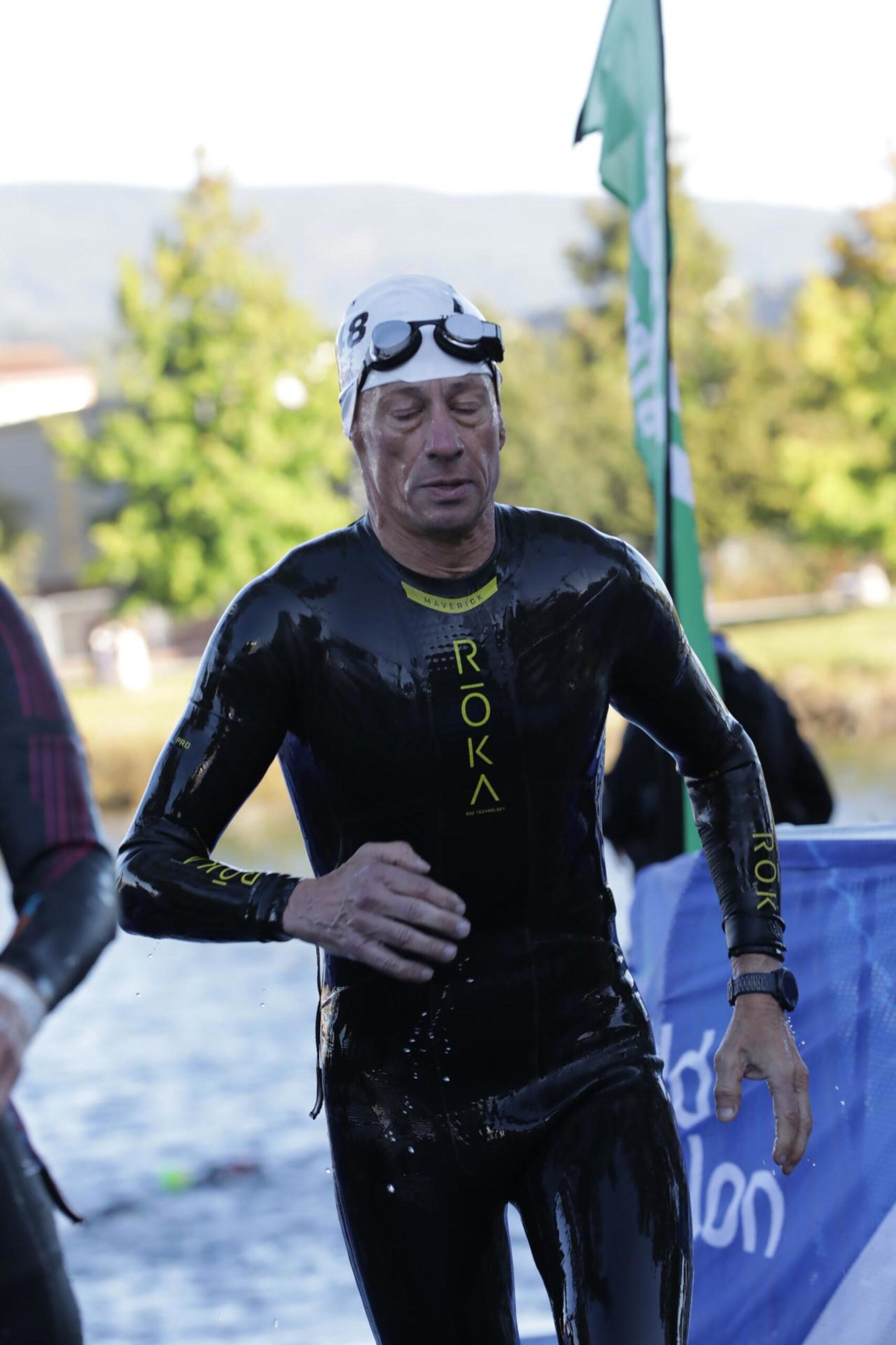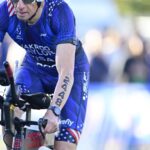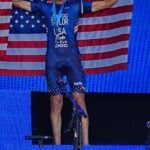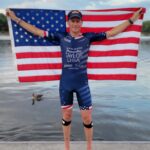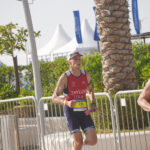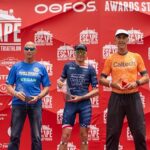Note: I’m pleased to co-author this article with my exceptional coach, Dr. Greg Rhodes. Greg is Ph.D. in Exercise Physiology and an accomplished age-group endurance athlete in his own right.
How you perform next season depends on what you do between now and then. The fitness gains you make  and the technical, tactical, and mental strength you develop in the off-season will determine how much you improve and whether you reach your triathlon goals next in 2024. In my last article, I described my reflections on my 2023 triathlon season. This article will focus on the steps I (and you) can take to maximize your off-season training and preparations.
and the technical, tactical, and mental strength you develop in the off-season will determine how much you improve and whether you reach your triathlon goals next in 2024. In my last article, I described my reflections on my 2023 triathlon season. This article will focus on the steps I (and you) can take to maximize your off-season training and preparations.
I have a saying about the off season: Great triathletes are made in the winter and not in the summer. The off-season is the time to make the changes that come out of answering those reflections that Jim mentioned. With a deep dive into the past season right after it concludes, an athlete and coach can develop a clear picture of how the season went and what kept and what needs to be adjusted for the next season.
Using Jim as an example, strength has been a limiting factor in the past that we used the winter to make focused improvements to. The improvements that were seen last season have been helpful in adapting the plan for this winter to continue to make improvements on his cycling power, but we can also look towards adding improvements too upper body strength for better swimming performance.
plan for this winter to continue to make improvements on his cycling power, but we can also look towards adding improvements too upper body strength for better swimming performance.
There are five areas in which you must focus to maximize your preparation.
Race schedule. Create a race calendar for 2024 that includes your “A” races and less-important events that will provide the framework for your off-season training program and will lead to success in achieving your season-long goals.
Dr. Greg: With a race schedule established, triathletes can reverse engineer their off-season and early-season training to optimally prepare them for their “A” races in 2024. This is what I’m doing with Jim. Issues including race distances, frequency, recovery, and building phases should all be considered in creating a race calendar that will ultimately lead Jim to his end-of-season goals.
Off-season physical conditioning program. Commit to an intensive physical conditioning program. Triathlon is a sport that you can’t fake, meaning your body can only go as fast as you’ve trained it to go. Strength, power, endurance, and mobility will only be optimized for 2024 if you create a comprehensive  and organized conditioning program. Whether you develop such a program in collaboration with a coach, participate in a tri-club’s program, you find one online, or you create it yourself, the key is to develop all essential physical aspects of triathlon systematically and consistently.
and organized conditioning program. Whether you develop such a program in collaboration with a coach, participate in a tri-club’s program, you find one online, or you create it yourself, the key is to develop all essential physical aspects of triathlon systematically and consistently.
Dr. Greg: One of my biggest concerns with really committed triathletes is not that they will do too little, but that they will do too much. Many injuries triathletes experience are caused by overtraining in terms of either volume or intensity and can be classified as overuse injuries. These setbacks can result from the highly repetitive nature of all three disciplines of triathlon. For example, Jim has struggled with niggling knee and Achilles irritation the last few seasons that kept him from running for extended periods of time.
For this reason, I encourage triathletes to try a new sport or mix in different training tools during the winter. For example, as an athlete and coach who lives in a snowy climate, I am big fan of cross-country skiing. The dynamic balance, multi-plane movements, and overall aerobic conditioning from Cross-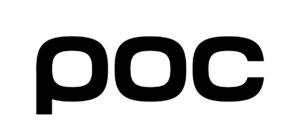 country skiing is wonderful for triathletes. If you don’t live where there is a proper winter, then mix in rowing or work on non-freestyle swim techniques (breaststroke, butterfly, or backstroke). Doing something other than swim, bike, or run can be helpful physically and mentally while still developing aerobic and anaerobic energy systems.
country skiing is wonderful for triathletes. If you don’t live where there is a proper winter, then mix in rowing or work on non-freestyle swim techniques (breaststroke, butterfly, or backstroke). Doing something other than swim, bike, or run can be helpful physically and mentally while still developing aerobic and anaerobic energy systems.
Additionally, overuse injuries can be mitigated with preventive “prehab” exercises. Like many triathletes, with a long-term commitment to a healthy and effective program, Jim will be doing a lot of Cross-country skiing for the next few months and stay committed to his prehab exercises while maximizing his fitness gains as he enters the race season in early 2024.
Improve technique and tactics. The off-season is an ideal time to improve your technical and tactical skills in the three events that comprise triathlon. Though fitness is the foundation of going the distance in a race as fast as you can, technique and tactics also play a vital role. Swimming is an event that is 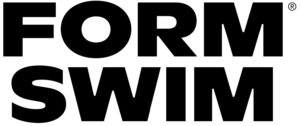 grounded in good technique, so a focus on technique can mean picking up a few precious seconds per hundred that add up in races. Whether you just need to finetune your swim technique or need to join Lionel Sanders in a “Stop Sucking at Swimming” program, devoting time and energy to swim technique before the 2024 season can be both fun and rewarding. To that end, I have become a follower of Brenton Ford of Effortless Swimming and have learned a ton about proper swimming technique from him. Though less technical than swimming, good cycling and running technique can be the difference between goal achieved and goal thwarted. Tactics also play a role in going fast, understanding pacing and how hard and when to push and when to back off.
grounded in good technique, so a focus on technique can mean picking up a few precious seconds per hundred that add up in races. Whether you just need to finetune your swim technique or need to join Lionel Sanders in a “Stop Sucking at Swimming” program, devoting time and energy to swim technique before the 2024 season can be both fun and rewarding. To that end, I have become a follower of Brenton Ford of Effortless Swimming and have learned a ton about proper swimming technique from him. Though less technical than swimming, good cycling and running technique can be the difference between goal achieved and goal thwarted. Tactics also play a role in going fast, understanding pacing and how hard and when to push and when to back off.
Dr. Greg: Coming off of a successful season or one where an athlete might feel like they missed their goals can lead them to take a “more is better” approach to their prep period. However, more is not always better, and well-designed long-term plan with periods of specific focus can be more effective in helping athletes reach their goals.
Heading into 2024, Jim will have blocks of training focused on specific areas he wants to improve on in the coming season. These changes reflect both the review and assessment from the past season as well as his evolving goals in the sport of triathlon. I like to break the off-season into focused months on each sport. With the mental and physical energy directed to one sport at a time (this does not mean no training of the other sports, just a particular emphasis is on one), there can be thoughtful development in each sport over the winter.
sport. With the mental and physical energy directed to one sport at a time (this does not mean no training of the other sports, just a particular emphasis is on one), there can be thoughtful development in each sport over the winter.
Starting in December with a swim focus, followed by a bike focus in January and a run focus in February, Jim will be physically and mentally ready for Clash Miami, his first races of the season in early March. Additionally, for triathletes in the northern states, where cold and snow can force us inside to train, this focus can give purpose to the long hours indoors until the roads outside are safe for outdoor training.
Optimize equipment. Third, the off-season enables you to optimize your equipment, most notably, your bike (the most equipment intensive of the three disciplines) where the wrong bike or a bad fit is a certain kiss of death to your triathlon goals and the right bike and proper fit can mean more comfort and  more speed to go the distance. The right goggles and wetsuit can have a big impact on the swim and, and running shoes that fit can also impact success or failure on race day.
more speed to go the distance. The right goggles and wetsuit can have a big impact on the swim and, and running shoes that fit can also impact success or failure on race day.
Though dialing in your equipment is important, I also live by the motto: “If it ain’t broke, don’t fix it,” meaning if your equipment works for you, don’t mess with it. Playing around with a set-up that works can distract you from your training and can cause you to question which equipment is best for you.
Dr. Greg: The off-season is a great time to focus on equipment and set-up changes. We don’t want to distract you from your training when it is most important as we do our “final prep” for our first race in the spring. So, taking the time to try a new bike, get a bike fit, or try out a new wetsuit or running shoes in the early winter will not take much away from your focused training and you might actually find something that works better for you.
Mental training. Finally, and just as importantly, the off-season is the best time to focus on the final, and often-times neglected, piece of the triathlon performance puzzle, namely, mental training. How mentally prepared you are to overcome the many challenges of triathlon will ultimately determine whether you achieve your competitive goals. Just like physical conditioning and technical/tactical skills, mental aspects of triathlon take time and effort to develop. An organized program of mental training can have huge benefits when you enter the 2024 race season. Essential mental muscles you want to strengthen include motivation, confidence, intensity, focus, and emotions. Important mental tools you want in your mental toolbox include goal setting, self-talk, mental imagery, routines, and breathing.
whether you achieve your competitive goals. Just like physical conditioning and technical/tactical skills, mental aspects of triathlon take time and effort to develop. An organized program of mental training can have huge benefits when you enter the 2024 race season. Essential mental muscles you want to strengthen include motivation, confidence, intensity, focus, and emotions. Important mental tools you want in your mental toolbox include goal setting, self-talk, mental imagery, routines, and breathing.
Dr. Greg: Taking the time over the winter to commit to mental training allows you to have your mind ready when the training volume and intensity gets challenging in the spring and when race season begins. Given what Jim does for a living, I’m not concerned about his mental training and preparation for 2024. If you have made the commitment to prepare for triathlon year-round, there will definitely  come periods when training starts to feel more like a chore than something enjoyable. This is commonly when a triathlete will start to skip workouts, cut them short, or lose focus during hard intervals. Taking the time to intentionally work on the “mental muscles” when the training is less intense will provide you will the mental strength to keep yourself motivated and focused through the highs and lows of training and racing. When your overall physical training volume decreases in the off-season, take the extra time you have to add specific mental training sessions to your training plan.
come periods when training starts to feel more like a chore than something enjoyable. This is commonly when a triathlete will start to skip workouts, cut them short, or lose focus during hard intervals. Taking the time to intentionally work on the “mental muscles” when the training is less intense will provide you will the mental strength to keep yourself motivated and focused through the highs and lows of training and racing. When your overall physical training volume decreases in the off-season, take the extra time you have to add specific mental training sessions to your training plan.
Getting Going
Committing to next season starts with that first step of deciding how important triathlon is to you. Here are three questions to ask yourself:
- How big are your triathlon goals for 2022?
- How hard are you willing to work to achieve those goals?
- How badly do you want it?!?!
The key to achieving your goals in 2024 is to start now! Talk is cheap. It’s easy to say you want to be the best triathlete you can be; it’s an entirely different thing to actually do the work necessary. If your goals are at all high, the only chance you will have is to commit to intensive off-season physical, technical/tactical, and mental training programs over the next few months. Your goal when the horn blows to start the swim of your first race of next season is to be able to say: “I’m as prepared as I can be to swim, bike, and run my fastest!” If you can say that with confidence, grounded in all your dedication and hard work in the off-season, you are setting yourself up to successfully accomplish your triathlon goals in 2024.

